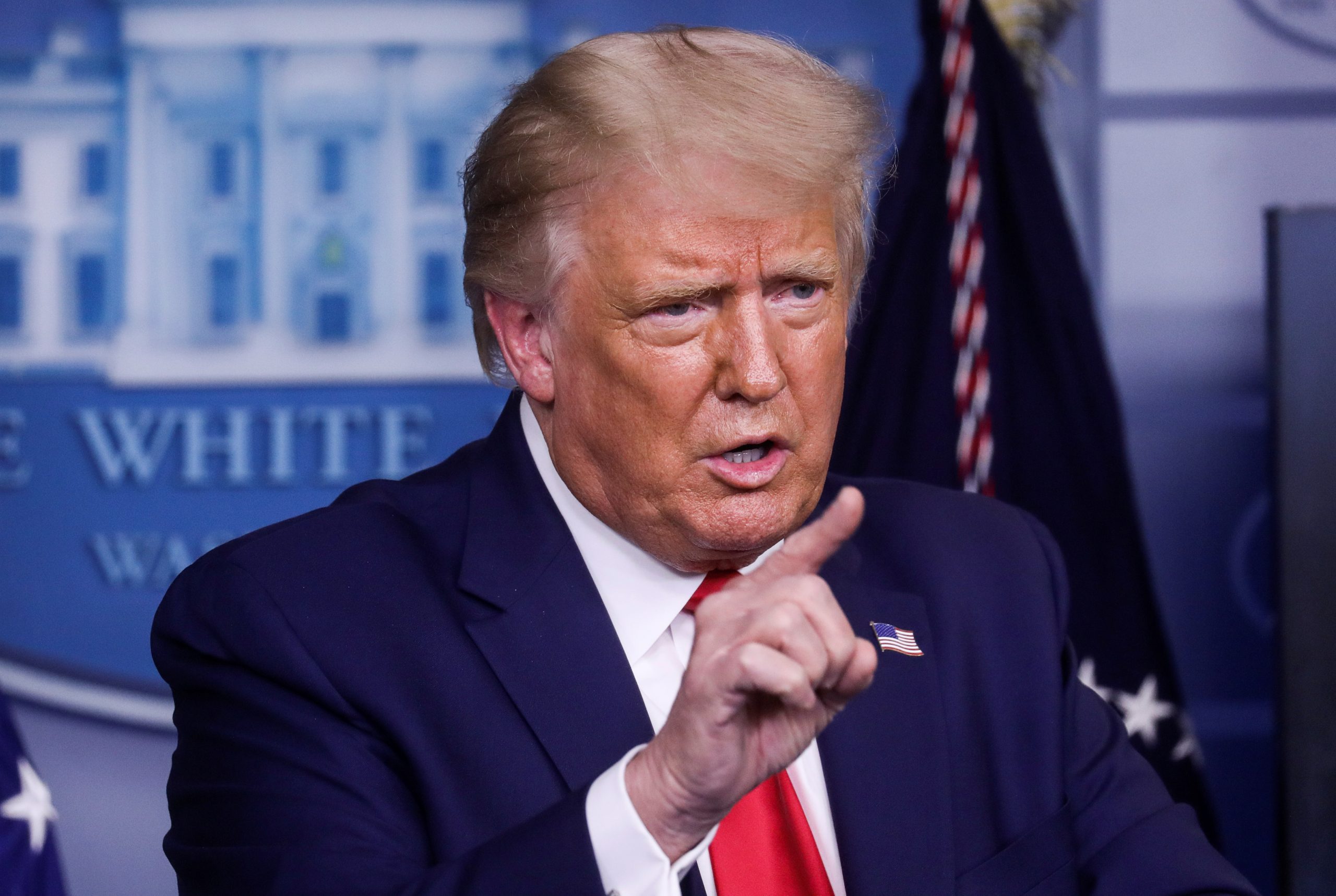President Donald Trump is certain the Regeneron antibody he received after being diagnosed with COVID-19 is a cure rather than a therapeutic, but leading health experts do not seem to agree.
“We’re rounding the turn on the pandemic, and I’ll have something to say about that because I’m telling you we have a cure,” Trump said during his time on conservative radio host Rush Limbaugh’s show on Friday.
He added, “More than just a therapeutic, we have a cure.”
Listen to his remarks below:
Trump on The Rush Limbaugh Show: “We have a cure. More than just a therapeutic, we have a cure.”
— The Recount (@therecount) October 9, 2020
Important: No scientist or doctor has said there is a cure for COVID. pic.twitter.com/b8Vqi70yOq
Trump said he is “cured” from COVID-19 and the disease “went away,” as IJR previously reported.
Dr. Anthony Fauci weighed in on Trump’s claim the antibody is a cure during an interview with MSNBC’s Andrea Mitchell on Thursday.
“When you have only one, we refer to it in medicine as N equals one. When you have only one, you can’t make the determination that that’s a cure,” Fauci said.
He added, “You have to do a clinical trial involving a large number of individuals compared either to a placebo or another intervention.”
Fauci also warned Trump could experience a reversal of his condition.
“The history of COVID-19 is that you could look and feel like you’re doing reasonably well and after a couple of days you could have a downturn, namely have a reversal. That’s possible,” Fauci said.
Trump revealed in a video he posted on Thursday he is pushing for the authorization of Regeneron and a drug from Eli Lilly.
“I just want to say we have Regeneron. We have a very similar drug from Eli Lilly and they’re coming out and we’re trying to get them on an emergency basis,” Trump said.
He continued, “We’ve authorized it, I’ve authorized it.”
Watch his comments below:
https://twitter.com/realDonaldTrump/status/1313959702104023047
David Boulware, an infectious-diseases physician at the University of Minnesota Medical School, warned authorization will make it harder to conduct clinical trials.
“Once they issue the [authorization], it will kill the trials, and as a society we will have less information moving forward as far as who does it work in, and who to prioritize,” Boulware said.
He went on, “There’s going to be a limited supply.”
























